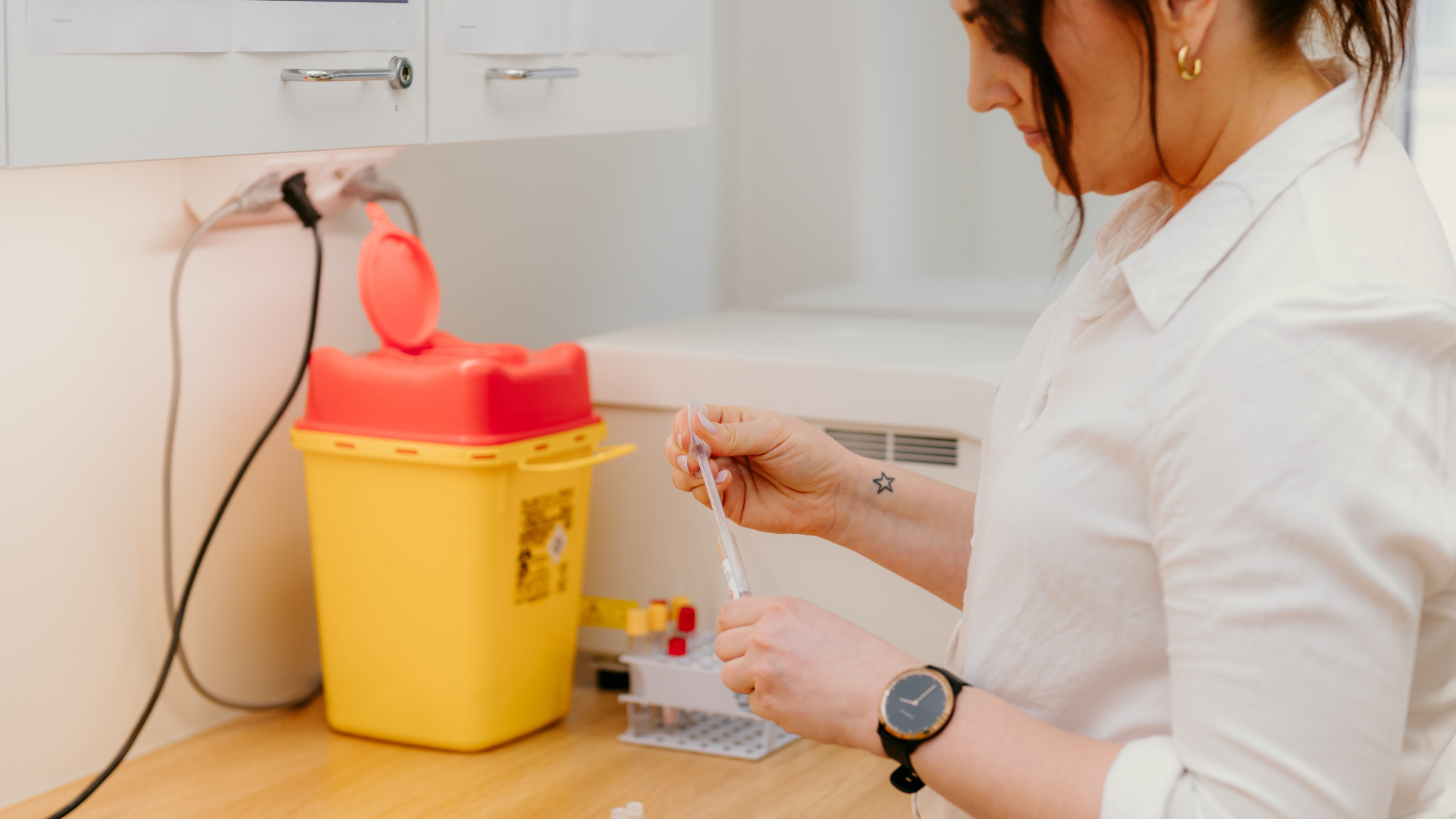
Clostridioides difficile is the primary cause of antibiotic-associated diarrhea. During antibiotic treatment, this bacterium can overgrow and produce toxins that cause diarrhea. Vaccination efforts aim to stimulate antibody production against these toxins.
Toxin-producing C. difficile can lead to severe and persistent intestinal infections in the worst cases. In Finland, up to 8,000 C. difficile infections are diagnosed annually. The disease can be life-threatening, especially for older adults and chronically ill individuals. The case fatality rate is approximately 10%.
Infection usually occurs following antibiotic use, which disrupts the normal gut microbiome and allows C. difficile to proliferate. Transmission can also occur via contact with spores from infected individuals—a common issue in healthcare environments.
Symptoms range from mild diarrhea and abdominal discomfort to severe bloody diarrhea and even sepsis. The infection is treated with selected antibiotics that act locally in the gut, restoring the bacterial balance and reducing C. difficile overgrowth. In some cases, fecal microbiota transplantation (FMT) successfully restores healthy gut flora.
Toxin effects can also be neutralized with specialized antibody therapies, but these are expensive and not widely accessible.
Preventing C. difficile chiefly involves avoiding unnecessary antibiotic courses and maintaining good hand hygiene. During diarrhea, thorough handwashing with soap and water is essential.
Although no vaccine currently exists against C. difficile, several vaccine candidates are under investigation at FVR—Finnish Vaccine Research. These studies aim to develop safe and effective prevention strategies against this challenging infection.